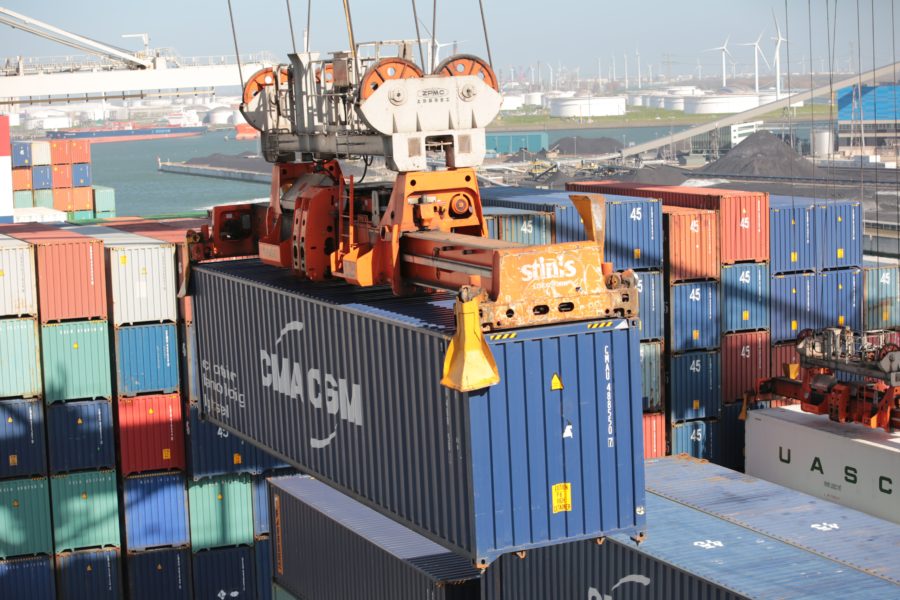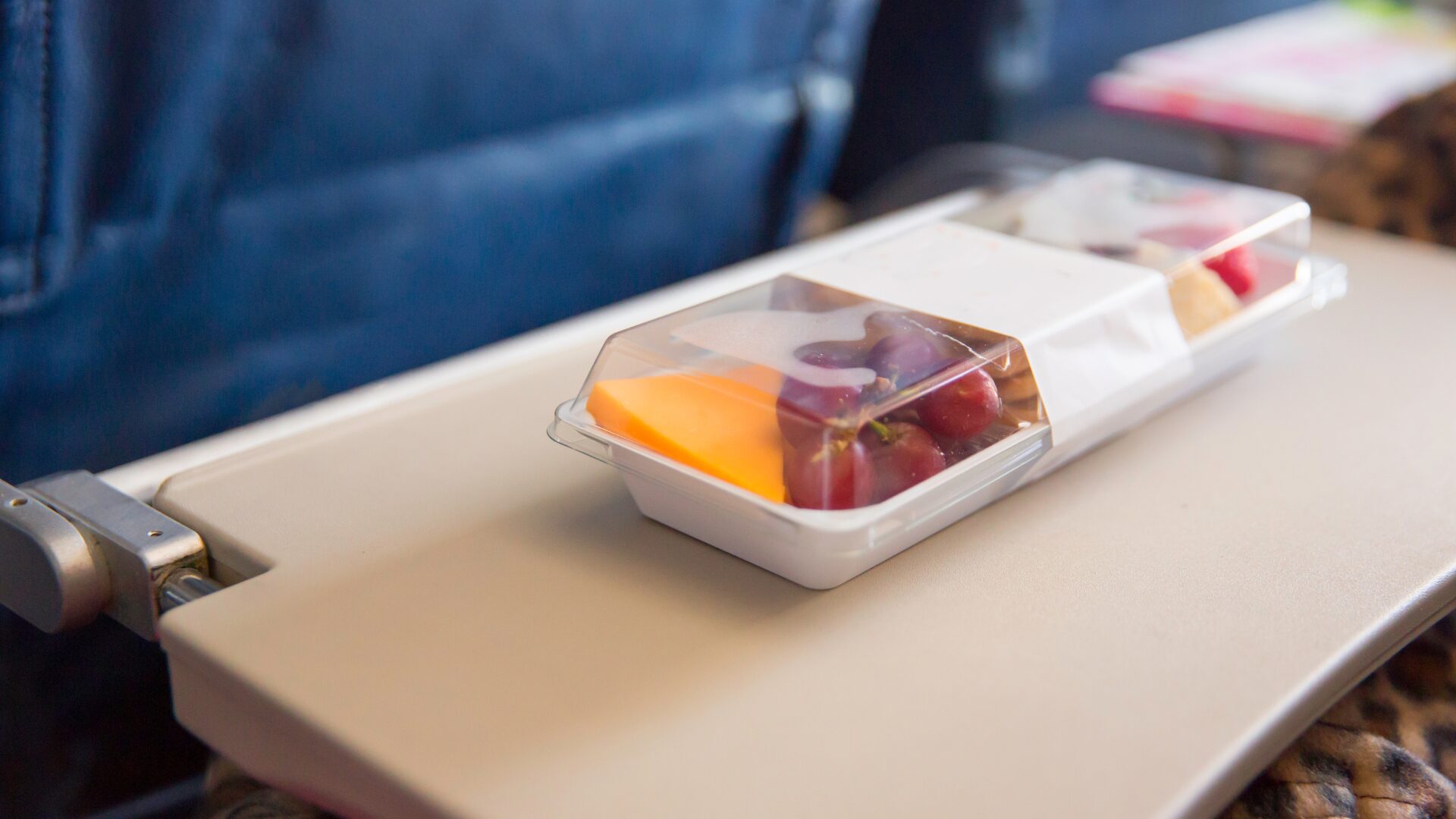Imports and exports may be slowing at West Coast ports, but that’s not due to a lack of demand: logjams at ports from Los Angeles to Seattle are complicating efforts by U.S. agricultural companies looking to export their products. Meanwhile, retailers are reporting shortages of key food items as container ships vie for access to the nation’s ports.
Washington State Farm Exports Stuck
Before the pandemic, Wenatchee, Washington-based tree fruit exporter Stemilt Growers would typically ship 15 containers of fruit per week to Taiwan. In a recent week, the company shipped exactly zero, according to export sales manager Dave Martin, reported CBS News (March 10).
Shipping companies are finding it more profitable to ship empty containers back to Asia quickly rather than filling them up with U.S. agricultural goods. This quick movement is helping to sate import demand stemming from increased online spending in the U.S. since the start of the pandemic.
“My biggest worry is that suddenly what seemed like a blip in exports and a temporary problem becomes, well, now China is going elsewhere for their apples and their cherries and their hay,” said state Rep. Kim Schrier, who wants the government to address the increasing number of empty shipping containers leaving the country.
Disruptions Across the Country
While Midwest agricultural producers sounded the alarm months ago, the entire West Coast seemed to slow down more recently, according to Tom Greene, president of Bainbridge Island, Washington-based Interpack Northwest Frozen Foods.
Greene, who also worked with shipper K-Line earlier in his career, noted these disruptions rippled throughout the food industry, with processors, importers, exporters, and growers working on uncertain timelines as ships wait to reach ports. He argued it was more profitable for the cargo companies to ship the empty containers right back to China than to pay to ship the containers out to the Midwest for lower-cost agricultural exports.
Greene said his company first noticed the issue when imports of pineapples were delayed. However, now the issue is affecting exports of frozen fruit products, too. He said imports of frozen apple juice concentrate, dark sweet cherries, pear juice, and more were incredibly difficult to source.
“It started as an issue with inbound containers, but now we are having an issue sending them out. We’re having trouble getting export containers, even for our highest-revenue products,” he said.
Demand from China on the Rise
Demand for U.S. agricultural products remains strong, particularly in China, which is reviving its relationship with the U.S. following a three-year trade war. The country is working to import U.S. grains to feed its rebounding hog herd, which was impacted by outbreaks of African swine fever in recent years.
Despite the country’s plans to increase domestic pork production, USDA expected China’s pork production to remain below pre-ASF levels, indicating a stronger market for imports in 2021. Pork imports are expected to reach 4.5 million-lbs. during the year.
Sourcing of Imported Products an Issue
Costco is one retailer reporting issues stemming from the congestion at the ports, saying it is having difficulty stocking imported cheeses due to the bottlenecks, reported AZ Central (March 10). Full Story
Additionally, the retailer said it was having difficulty sourcing imported seafood and olive oil, alongside other non-food items. CFO Richard Galanti said port delays and container shortages remained an issue, causing timing delays for specific import categories.
“We expect these pressures to ease in the coming months, but it’s impacting everyone, of course,” Galanti said.












